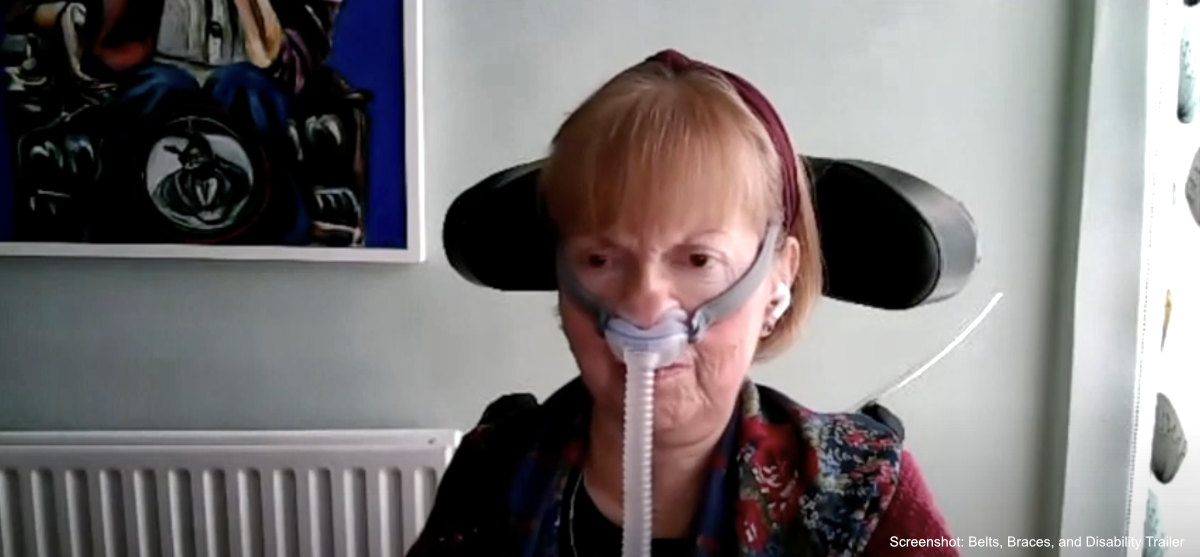As the United Kingdom considers legalizing assisted suicide, disability rights activist and British peer Jane Campbell is speaking out against it. Campbell, a baroness and founder of Not Dead Yet UK, spoke to the Independent about the danger assisted suicide poses to people with disabilities.
Campbell was diagnosed with spinal muscular atrophy (SMA) as a child, with doctors predicting she would not survive past age two. Instead, Campbell has become a successful adult and has worked with the Equality and Human Rights Commission and the National Institute for Social Work. In 2007, she became a member of the House of Lords. And when she became a member of Parliament, she said many were taken aback by her appearance — and didn’t want to give her the treatment she needed as required by law.
“When you present as I did about six years ago, having to wear a ventilator, it was as if that was it [in the minds of parliamentarians]. I should have been in intensive care because the only people they’d ever seen like me were in intensive care or were very, very sick, or at the end of their lives. It took them a couple of years to not be afraid of me,” she said.
“To get to this point, I had a lot of fights along the way. The worst one was when they wouldn’t allow me to bring a personal assistant to the chamber because no commoner had been across the bar since 1725 and that was a tradition, and if they gave me a PA then other people might want one. It was seen as a disproportionate benefit. I had to take my time explaining to them what a reasonable adjustment was. In the end I said look, here’s the Equality Act, here are the areas that explain why nobody else will get the same provision. Grow up.”
Campbell explained that assisted suicide being legalized will become a threat to disability rights.
“[Assisted suicide] is very scary to disabled people in this country. We depend on our doctors, on our caregivers, to give us help and support to live. To have faith in our lives because that helps us to have hope and enables us to encounter and overcome the barriers we have in our lives,” she said, adding, “I have the right support. Without it, you’re without hope. You’re a burden on those that you love, because even if they love you, it’s hard work. You want your freedom. You need that support. We don’t live in a society that is that kind to disabled people.”
And though assisted suicide advocates argue that it’s a matter of choice, she slammed that notion as a false dichotomy.
“At the moment you either choose between assisted suicide or really bad support from a social care sector that’s in crisis, so we’re not getting it,” she said. “The NHS, it’s in crisis too. There aren’t enough nurses to support people with disabilities in hospital. Pain management and palliative care is insufficient. Get that right first, then we’ll sit around the table and talk – but not before.”
Campbell referenced Canada and the Netherlands, both countries where people with disabilities are eligible for, and often pressured into, euthanasia, and noted that already in the United Kingdom, doctors placed DNRs (do not resuscitate orders) in her chart on two occasions without her consent.
“They don’t listen,” she said. “Sometimes I do feel like giving it all up. I have a life to lead, I’ve friends, a husband, a godchild. I like to party. I’m having my birthday party on coronation day. There’ll be a barbecue and wine outside and the TV will be on inside for those that want to watch it. The choice will be theirs.”








